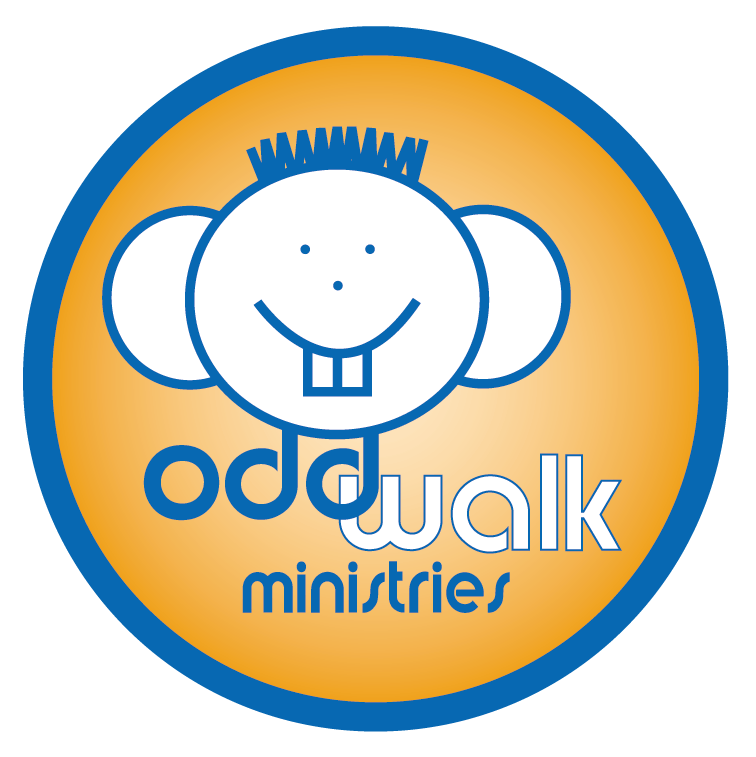Well, actually, calling it a paper is perhaps too strong, more a reflection. Anyway, here it is:
The context out of which I come to the study of theology is, I suspect, no more complicated than that of my peers. If our individual contexts may be likened to an array of diamonds, I have no confidence that the facets of mine might make it the most unique. This context, though, has thus far created in me a unique and ongoing search for reason and answers and an open-mindedness towards truth and reality. Perhaps these ideals are most simply evident in what I have come to realize is my first attempt at theology, my first experience of the sacred, and in particular, my first try at communing with the Divine Presence.
I was 4 years old, growing up in a small Minnesotan town. At a Saturday night anticipatory Mass early in the season of Ordinary Time, my dad was glancing at the readings prior to Mass. Looking over, I saw a sketch in the missalette with a caption, and asked my father to explain. The sketch showed an outline of a person with arms stretched up in the air; the caption read, as my dad explained, “Here I am, I come to do your will.” (Roman Catholics just celebrated this same Mass again on January 15.)
“Aha,” I thought to myself, “so that’s how that works. I’ll have to try that at home this week.”
A couple days later, I did. Having announced I was going outside “to play,” I dressed properly for a Minnesota winter. Once out in the backyard, I stretched my hands joyfully and expectantly up to the gloomy sky and without voice prayed what my dad had told me: “Here I am, I come to do your will.”
Waiting a few seconds for a response . . . and receiving none, my 4-year old brain thought, “Well, what’s going on here, what am I doing wrong?” I moved over a few feet, turned another direction and tried again. Still nothing. A bit concerned, I spun around a few times, arms still reaching out. Above, there was still just a gray sky. Disappointedly, I went back inside. In that initial moment, I reasoned that it (whatever “it” was) certainly did not work that way.
This scene became instantly etched in my brain, and has been a true force in my attempts at “faith seeking understanding,” and a reference point to both look back upon and to carry with me. Moments of reflection on this experience have been a transforming teacher to me on several occasions along the way, responding to a series of successive questions of faith: free will, mystery, longing, doubt, and lately, God’s love and nearness to us and our human condition. Why search for answers as I chose to on that day, reaching to the distant and the beyond, when (to paraphrase St. Teresa of Avila) many of the answers we seek can be found in the stillness of our own hearts? To say it another way, reflecting on this experience from time to time has become the ongoing conversation I hoped to have that day in the backyard.
One of my current activities in my faith is a ministry (shared with a friend of mine) of music and keynoting to youth around the country, speaking principally on topics of community, participation, and mission. I tell this story often to the young people we have the privilege to meet as a story about child-like faith, the foundation from which we must build the rest of our Catholic lives and identities.
The story continues even now: the initial question “what am I doing wrong” has transformed into a more positive “what else should I be doing?” My faith is in God. Together with experiences of Christ’s presence and through the wisdom and understanding of the Spirit, such questions are asked and answered anew every day – at least – and are the most clear and obvious elements of context surrounding my study of Theology. While this particular question is still not fully answered and never will be, my realizing of these details and my deepening of faith in the unknown have been perhaps my most important experiences of Theology thus far.
Subscribe to:
Post Comments (Atom)






 to view that comment.
to view that comment. to make a comment.
to make a comment.


He completely plagerized MY essay...
ReplyDeleteGet back to work.
ReplyDelete